How To Fertilize Raspberry Plants To Grow Tasty Berries

Raspberry plants benefit from annual care and maintenance, including a nice feeding with a high-quality balanced fertilizer. Here are some raspberry fertilizer basics to help you ensure your berry plants are getting the nutrients they need to thrive!
STEP 1 - Choose a high-quality organic fertilizer
Raspberries grow well when fed with a gentle, balanced organic fertilizer. I look for organic-approved products (OMRI-Listed) when possible, and also consider the sources of the nutrients. Most quality all-purpose fertilizers will help counteract any soil nutrient deficiencies.
STEP 2 - Read the instructions on the fertilizer packaging
Apply only the amount of fertilizer to the raspberries as recommended on the package. More fertilizer is not better, and may harm your plants and the wider eco-system.
Avoid Weed & Feed products and other herbicides when feeding or otherwise caring for raspberries. These plants are prone to chemical damage and can be easily harmed by products meant to target weeds and other unwanted plants. Pull out any competing weeds by hand or cover them (rather than using chemical means).
STEP 3 - Apply the fertilizer to the top of the soil in early spring
Raspberry plants are best fertilized in early spring. The window for fertilizing raspberries starts once the coldest days of winter have passed. Fertilizing the plants just before they come out of winter dormancy is very common. Some gardeners will feed them several times in the spring, in accordance with the instructions listed on the individual fertilizer used.
Raspberry plants are generally not fed with fertilizer products once the plants start flowering and the berries start to form. At this point, the plant should likely be focussing on producing a berry crop with the energy it already has stored.
STEP 4 - Water the soil
Water the soil that the raspberries are planted in to help the organic fertilizer start to seep into the root zone. A nice layer of organic compost mulch will help to retain moisture in the soil by decreasing evaporation.
AFTER - More Plant Care Considerations When Feeding Raspberries
While you’re feeding raspberries in early spring, it can also be a good time for some other raspberry plant care. Early spring is a great time to prune raspberries, clear away any overwintered plant debris, and perform any maintenance on your raspberry trellis structure. Early spring is also a great time to shop for new raspberry plants, as the selection is best in the garden centers at this time of year.
Enjoyed the project?
Resources for this project:
See all materials

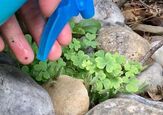

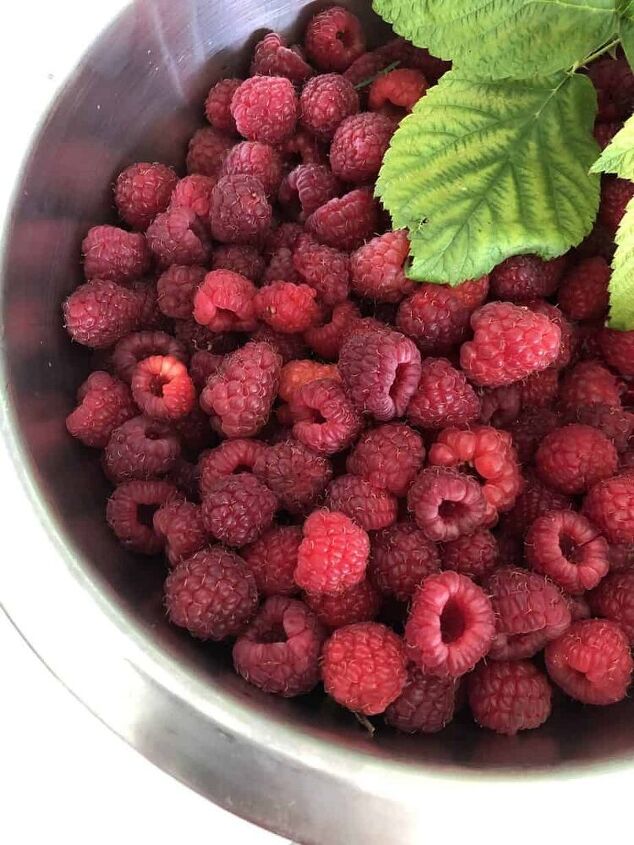









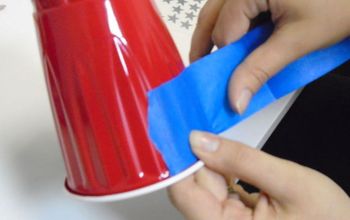



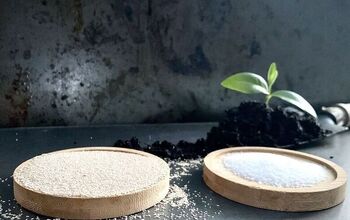
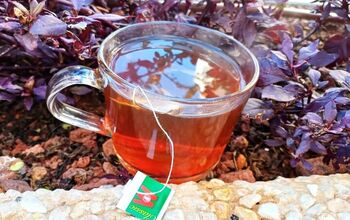
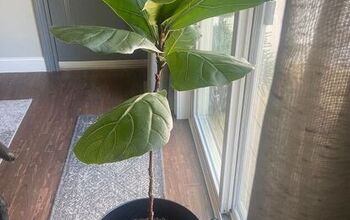
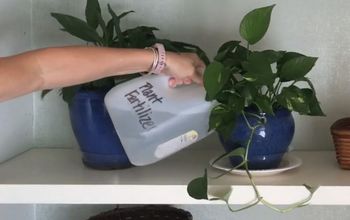





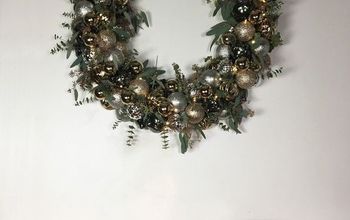
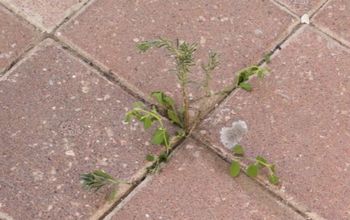


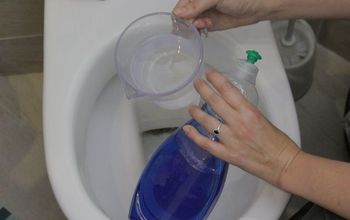

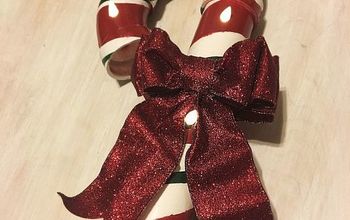

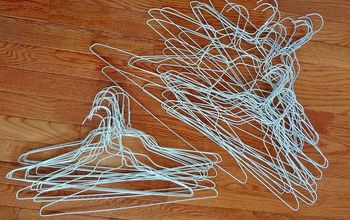
Frequently asked questions
Have a question about this project?